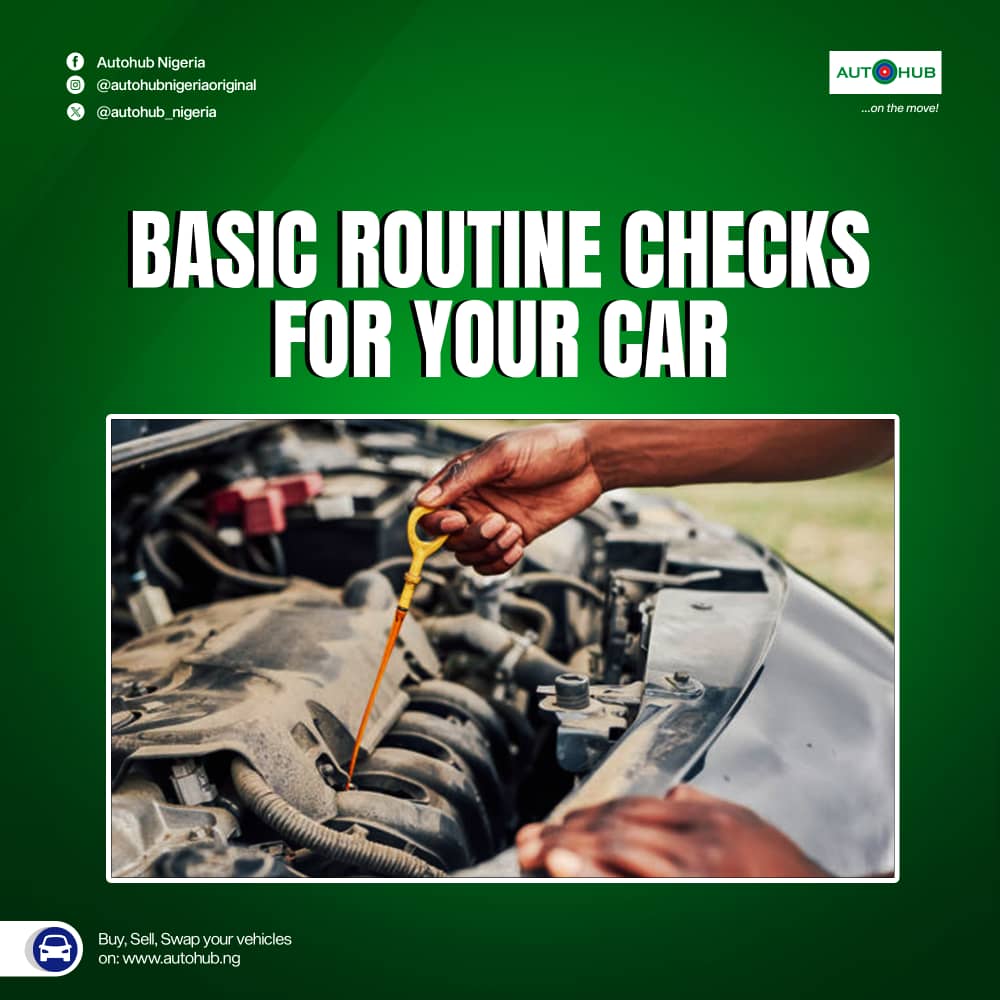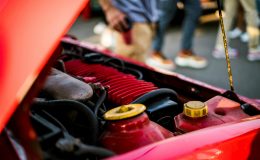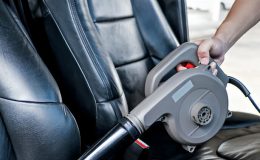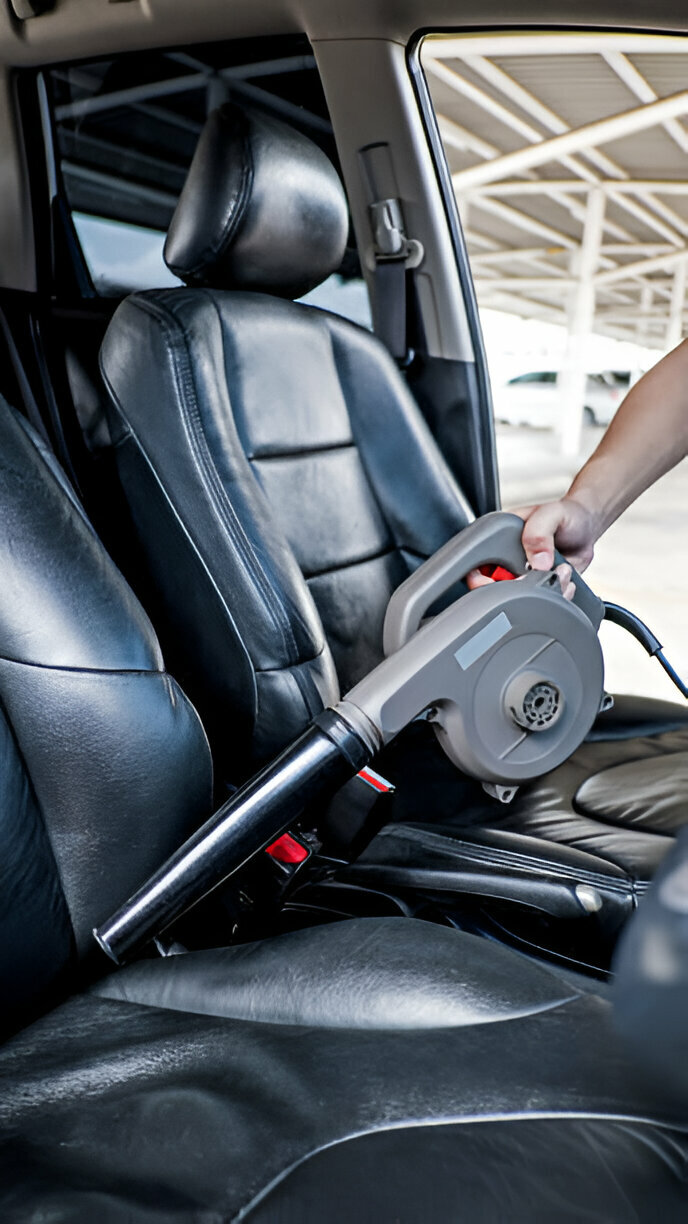Basic Routine Checks For Your Car

It is easy to forget to take care of your car and maintain it properly, especially when you’re “always busy”. But if you also want to drive smoothly and prevent your car from breaking down on the road and resulting in expensive repairs, these checks will need to be done frequently.
In order to enjoy the life and optimal performance of your car, you need to be aware of your regular car maintenance habits. You’ll need to take the time to carry out these checks on your car bi-weekly, at the very least. The time (and resources) spent can prevent your car from wearing out quickly.
If you want your car to last a long time, here are some routines that can help maintain your car, keep it in top shape, and keep it safe on the road.
1. Clean your car
Simple, yet so effective! Before going to your car in the morning, it should be cleaned quickly. Keeping your car clean is more than just making it look good. It also makes your car last longer. Every trip you take every day exposes your car to dust, grease, dirt and grime. They can cause your car to rust which isn’t ideal, especially in the long run (maybe when you might want to resell – it’ll reduce your car’s overall value.
You can start with simple cleaning procedures, such as removing trash and dusting the interior of the car, i.e. dashboard, centre console, car seats and floor mats. You can then also use washer fluid to clean exterior parts such as windshields, rearview mirrors, headlights, and car wipers. These basic daily tasks can be done every day to prevent dirt and pollutants from damaging your car. Take care of your car properly to ensure its longevity and safety. You should also wash your car regularly.
2. Check fluid levels
The fluid levels of your car should be checked routinely. These are your car’s engine oil, automatic transmission fluids, radiator coolant reservoirs, power steering, windscreen washer, battery, brake, and clutch fluid. Check the oil level in your car and if it is dirty or running low, ensure that you replace it. The coolant and water levels should also be checked regularly. It is essential to check the radiator coolant levels to see if more coolant is required. You can use a dipstick to check the transmission fluid.
The windscreen washer fluid might need to be filled up with clean water so it is important that it is routinely checked as well. Ensure you check the brake fluid levels. The brake fluid can be inspected visually through the plastic reservoirs and it can be topped up with recommended replacement fluids if and when needed.
Taking proper care of your car by ensuring that your car fluid levels are properly checked and there are no leaking pipes would definitely contribute to less air pollution and a cleaner environment. Making sure that your car fluids are routinely checked and maintained will keep your car longer-lasting and performing optimally.
3. Check the filters
As part of maintaining your car by engaging in the daily routine, you need to ensure that you check your car’s engine air filter, oil filter, and cabin air filter. Your car’s oil is vital for lubricating and keeping important parts of your car’s engine from friction that can totally destroy the engine. It is essential that you check your car’s oil and change it regularly, which is one of the most important routines you have to do to keep your car running smoothly.
Changing your car’s air filters can be one of the easiest routines to do in the morning depending on your car’s model. The efficient operation of your car’s engine requires a mixture of air and fuel. To prevent your air filter from getting clogged with debris or other contaminants, you need to check it then have it cleaned and replaced regularly.
Dirty air filters should be removed otherwise they can increase emissions and reduce both your fuel efficiency and your car’s horsepower. Fresh and uncontaminated oil, clean fuel, and clean air filters will keep your car running smoothly, for longer.
4. Check the spark plug, wires and warning lights
When inspecting your car’s spark plugs and wires, you’ll want to check for signs of melting or severe wear. Other signs that your car’s spark plug is bad include starting problems, irregular engine noises, slow acceleration, power surges, or unusually high fuel consumption. If you notice any of these signs, it may mean that the spark plug needs to be replaced. You can always check your car’s manual for where and how to change your spark plugs, or you can ask a professional mechanic to do it for you.
You should also check your car’s exterior lights, headlights and bulbs. Car warning lights such as engine lights, oil warning lights, electrical fault lights and brake warning lights should not be overlooked. Make sure all broken or damaged indicator lamps and bulbs are properly installed or replaced.
5. Check seat belts, brakes and tyres
If you want to extend the life of your car, you should perform regular car maintenance. You should perform basic safety checks, such as checking the condition of your car’s brakes, seat belts, and tyres. Be sure to check serpentine belts, hoses (including seat belts) to see if they are properly attached or damaged due to wear and tear and need to be replaced.
For safety reasons, check your brake system and brake pads. Check your brakes regularly to keep your car safe on the road. Car tyres are one aspect you don’t want to miss. Your car’s tyres wear easily, so they should be checked regularly. Check your car’s tyre pressure and tread depth. Rotate the tyres and make sure they are properly inflated and in good condition. You don’t want a bump in the road.
Carrying out these checks routinely ought to improve fuel efficiency; keep your car in tip-top working condition, extend its life, and most importantly – keep you safe on the road. Thanks for reading.











No Comments